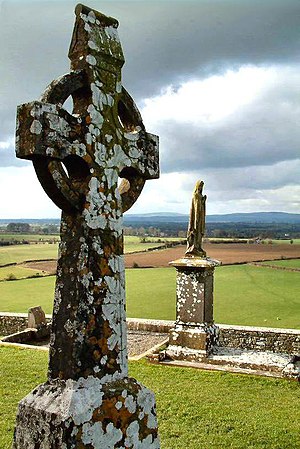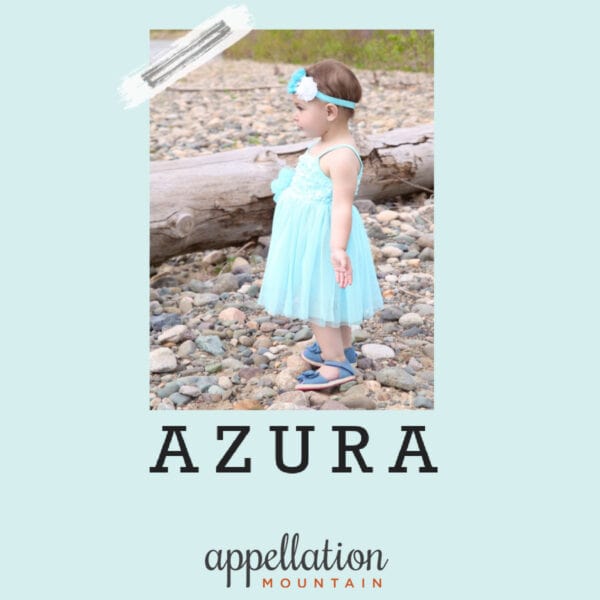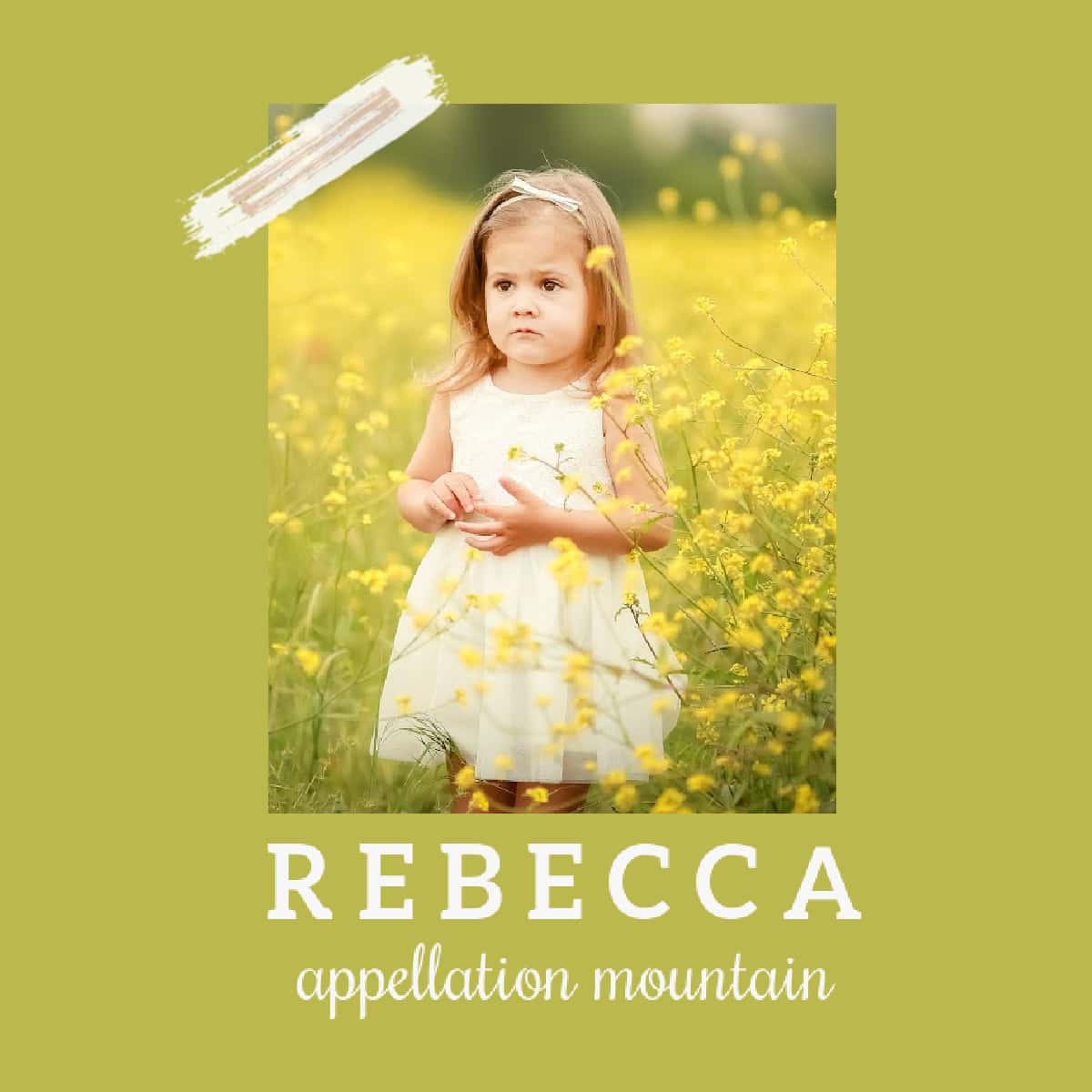He’s a Gaelic twist on an impeccable classic – and he’s more popular in the US than you might guess.
Thanks to Bri for suggesting our Baby Name of the Day: Seamus.
Seamus first appears in the US Top 1000 in 1995. He climbed for a while, making it all the way up to #733 in 2003. Today he’s slipped to #875.
That’s not exactly popular, but it still more common than you might expect. While Diego is huge, and Jacob has dominated the rankings for over a decade, other names related to the evergreen James haven’t attracted much use: when’s the last time you met an American Hamish or Jago?
Explaining the evolution from the Hebrew Ya’akov to the Irish Seamus isn’t easy. Remember the term lenition, a type of consonant mutation? As words travel from one language to another, they sometimes soften – in this case, the “jay” of James becoming a “sh” – as in Seamus. The Scottish version was typically closer to Seumas, a variant that might still be heard today.
I’ve always associated Seamus with the UK, but that may be an error:
- He’s been in the Irish Top 100 as recently as 2002 – but seems to have faded in recent years;
- Only two boys were given the name in all of Scotland in 2010 – there were also two newborn boys called Sheldon, and another called Sorley, so call him unusual;
- He’s just not much heard in England and Wales, either.
On the other hand, I know two kids called Seamus just in my own neighborhood.
Maybe it is parents looking for an Irish heritage choice more original than Sean. He’s certainly paved the way for Americans to grasp that sea makes a sh sound. Or maybe it is one of these notable uses:
- Pink Floyd recorded “Seamus” in 1971. A dog provides the howling sound in the song, and that dog’s name was Seamus – hence the title. When Pink Floyd performed the song live a year later, a different dog stood in … and the song was renamed accordingly;
- Seamus Blackley created the Xbox game console;
- Seamus Finnigan is a minor character in the Harry Potter series, one who proves himself heroic over the course of the novels;
- Irish poet Seamus Heaney won the Nobel Prize for Literature in 1995 – the same year his given name debuted in the US Top 1000.
Add in a handful of athletes, politicians, and journalists, many of them Irish, and it starts to feel like an impeccable heritage choice. Actor Seamus Dever is a regular on crime drama Castle; the young Seamus Davy-Fitzpatrick played Damien in the rebooted version of The Omen.
Seamus is a name on the fringes. He’s not completely unknown, but he’s not quite captured the attention of American parents, either. Somehow Brady and Riley, Connor and Declan, Sean and Ryan have all become acceptable crossover names. You don’t have to be Irish to wear them. Seamus, with his links to James, is no more outrageous on a child without Irish roots than any of the others – and yet he’s not quite shed his kelly green guise.
If you or your partner have Irish roots, Seamus make for an easy import. If not, you might get more questions than parents of all those little Aidans. It’s up to you to decide if that’s a concern – or an opportunity to embrace an interesting, under-used appellation.





I think that the reason Seamus is not terribly common here on the Emerald Isle, and perhaps even more so for the UK, is that it has become almost a cliche, along the lines of “Paddy” – any joke about Irishmen is bound to have a Paddy and a Seamus in it! Names like Connor and Declan, etc are instantly recognisable as Irish names but aren’t quite as attached to the leprechaun image and over-the-top as Seamus… This is just my opinion so I could be totally off the mark, but here in Ireland, Seamus sounds very old-fashioned to my ears, and the cliches surrounding it make it very unappealing. I can’t comment as to how appealing the name is in the US but I personally would definitely prefer James to Seamus.
Thanks, Laura – I hadn’t thought about that. In the US, Seamus doesn’t carry any of Paddy’s baggage. In fact, I’ve been thinking lately that Padraig really ought to make a comeback … except the pronunciation is tricky here.
I’m kind of really liking Seamus lately, along with Eamon. I worry a bit about spelling/pronunciation issues, but there’s a 9-year-old Seamus in my neighborhood who seems to pull it off fine. My first association with the name is Seamus Finnigan of Harry Potter, and I love any HP association so that’s definitely a plus.
I think in the UK and Ireland, Shea and Shay have took over Seamus. Nicknames are all the rage over there.
I really like Seamus. I have used this for a character in a story I have written, and I called him Shea. I would love to meet a little Seamus, even if they aren’t all that Irish.
My daughter’s two Australian sisters-in-law have sons Seamus and many years later, Hamish. Seamus is presently around 24, Hamish, perhaps 6. The family is Irish-English Australian. My daughter and her husband live in the U.S.; their son is Aidan James, with a fine Irish surname. James and its Gaelic forms are very popular with that family! Currently (2010) the name Hamish ranked 60 in NSW’s Top 100 (and Aidan, 57), but Seamus has not been in NSW’s Top 100 as far back as the online records go – 1995.
Do Seamus and Hamish rhyme in Australian English? They’re both great names, and somehow I still think they’re distinct enough that it isn’t confusing, even if the cousins were closer in age. But they do rhyme when I say them …
To me this name is over-the-top Irish; I much prefer Hamish.
You know, I’ve tried to like Seamus, but while I don’t dislike him, I just can’t seem to enjoy his sound. I think it has something to do with the m-sound following so closely on that sh-sound beginning — it makes the whole thing seem a bit slurred.